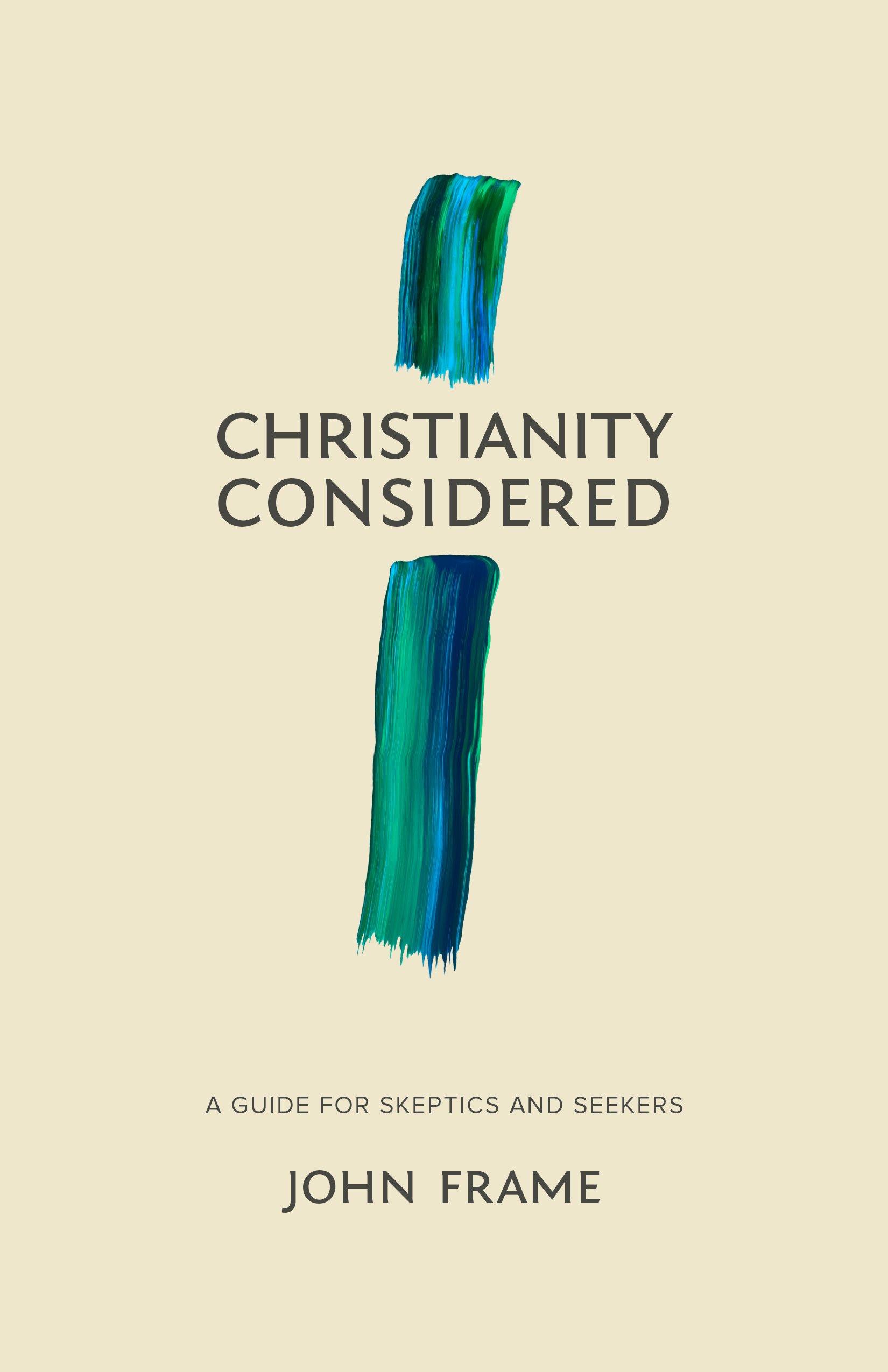A Brief Book Summary from Books At a Glance
By Steve West
About the Author
John Frame is the J. D. Trimble Professor of Systematic Theology and Philosophy at Reformed Theological Seminary in Orlando and the author of many books, including the four-volume Theology of Lordship series.
Introduction
In this book, John Frame draws on his decades of teaching apologetics to present a case for Christianity that is simple and directed to skeptics and seekers. He sets out the biblical storyline of God’s redemption in Christ, so that readers can understand the basic gospel message. Frame defends the faith by arguing for the futility of non-Christian thinking (with examples from multiple spheres of life), and by showing the cogency of the Christian worldview. He challenges readers to see the problems that plague the old mind, and invites them to accept God’s grace and see the world with the fresh eyes and mind of the new creation.
Table of Contents
Chapter 1: Christianity as Intellectual Radicalism
Chapter 2: Why You Are Not Fully Educated until You Have Considered the Christian Truth Claim
Chapter 3: Why It Seems So Difficult Today to Believe in Christianity
Chapter 4: Believing and Autonomy
Chapter 5: Believing Something for a Reason
Chapter 6: Believing, Willing, Feeling
Chapter 7: The Uniqueness of the Biblical God
Chapter 8: Why Believe in God?
Chapter 9: Right, Wrong, and God
Chapter 10: Right, Wrong, and Believing
Chapter 11: Everything Is Evidence for God
Chapter 12: Does God Speak to Us?
Chapter 13: A Holy Book
Chapter 14: The Written Word of God
Chapter 15: Jesus
Chapter 16: The Death of Jesus
Chapter 17: The Resurrection of Jesus
Chapter 18: The Holy Spirit
Chapter 19: Reading the Bible
Chapter 20: Praying
Chapter 21: Going to Church
Chapter 22: The Church in the World
Chapter 23: Religion
Chapter 24: Philosophy
Chapter 25: Morality
Chapter 26: Politics
Chapter 27: Science
Chapter 28: The Return of Jesus
Chapter 29: Epilogue
Book Summary
Chapters 1-4
Chapter 1: Christianity as Intellectual Radicalism
Chapter 2: Why You Are Not Fully Educated until You Have Considered the Christian Truth Claim
Chapter 3: Why It Seems So Difficult Today to Believe in Christianity
Chapter 4: Believing and Autonomy
It would be exciting and wonderful to see the world more accurately, seeing it with a new mind and perspectives. The Bible provides us with a fresh way of seeing reality. It is not conservative and reactionary, but radical and innovative. An apologetic rooted in Scripture speaks to our contemporary situation. Apologetic arguments are strong insofar as they reflect biblical epistemology. The Bible teaches us how to know God, and we can communicate this in contemporary language. It is impossible to be fully educated without knowing something about Christianity, since Christianity is a massively influential force that has shaped our world. Debates about religion are also everywhere. Even if we find some positive social traits in Christianity, this is not the same as deciding that it is true. We must see if it is true or false. Christianity is based on truth claims. The disciples were willing to die for their belief in the resurrection, because they believed it had truly happened. Relativism rejects all truth claims, but this is incoherent and destroys our ability to know anything at all. Naïve relativists can’t live out their own position or even think consistently. Healthy skepticism looks for reason, evidence, and proof. The Enlightenment turned people away from religion, but this influence is not the same as having proved that Christianity is false. Epistemology guides us to our intellectual obligations (i.e. what we ought to believe). We rely on our senses, but pure empiricism is problematic. If we only believe what we can learn from science, then we will not be able to believe in God no matter what studies we perform. But what if God offers us knowledge that is outside of our scientific methods? We are told to be autonomous, but God claims to have authority even over our minds. Learning from authorities is inescapable—our own thinking is indebted to more authorities than we can remember. God is the ultimate authority. We are the ones who believe, but it is irrational to reject the authority of the Creator.
Chapters 5-8
Chapter 5: Believing Something for a Reason
Chapter 6: Believing, Willing, Feeling
Chapter 7: The Uniqueness of the Biblical God
Chapter 8: Why Believe in God?
Many times we have beliefs but have not thought about the reasons why we hold them. The reliability of our memory beliefs can be assumed, but there is no proof for that belief. Our beliefs hang together in a web of trust. When we come to believe in God, our web of beliefs requires profound adjustment, but it will feel right. Our intellect, will, and feelings work together and influence each other (i.e. we operate as an integrated person). When we reject or accept truth, we do so as whole persons. As we investigate issues, sometimes we are convinced on one side, then the other; at other times we find ourselves. . .
[To continue reading this summary, please see below....]The remainder of this article is premium content. Become a member to continue reading.
Already have an account? Sign In
